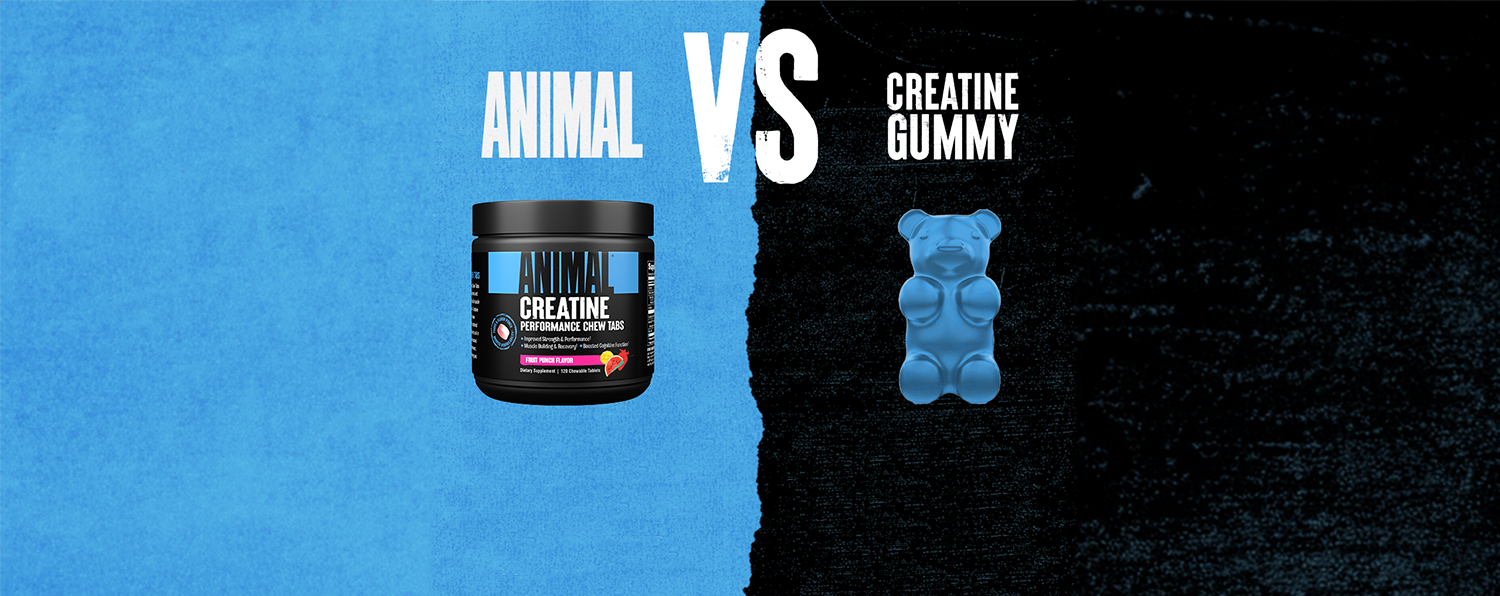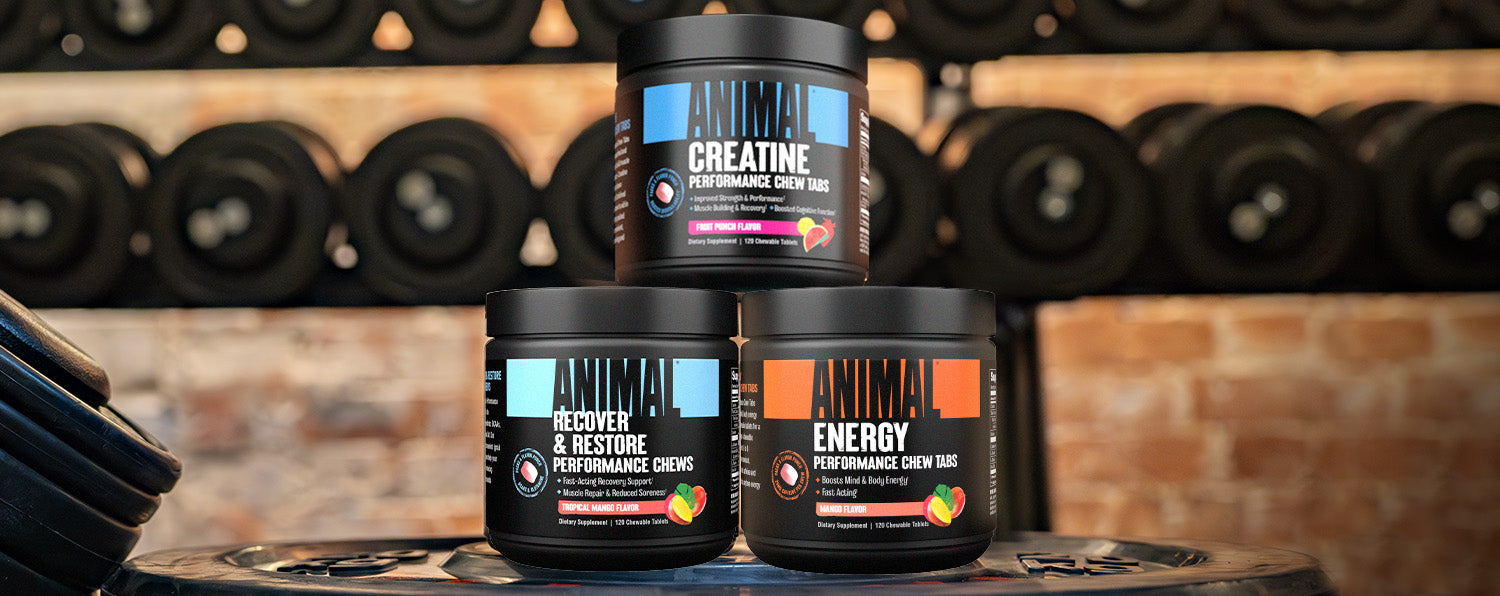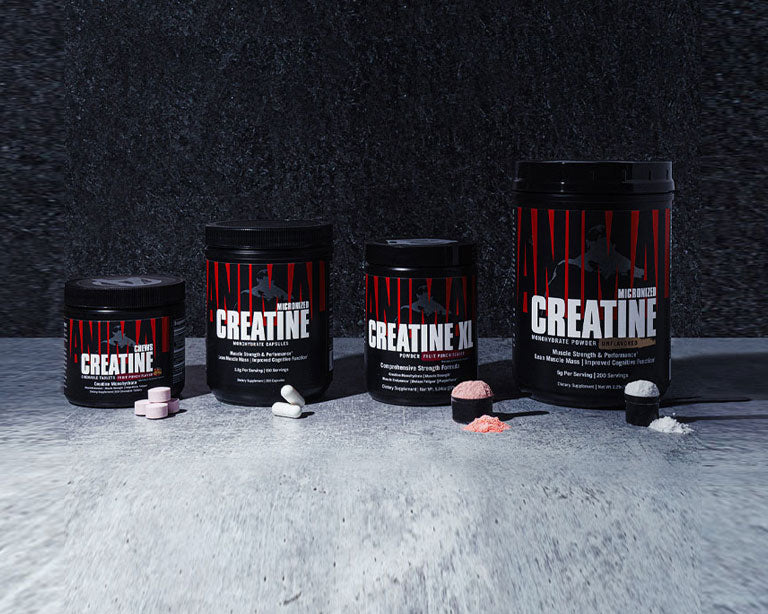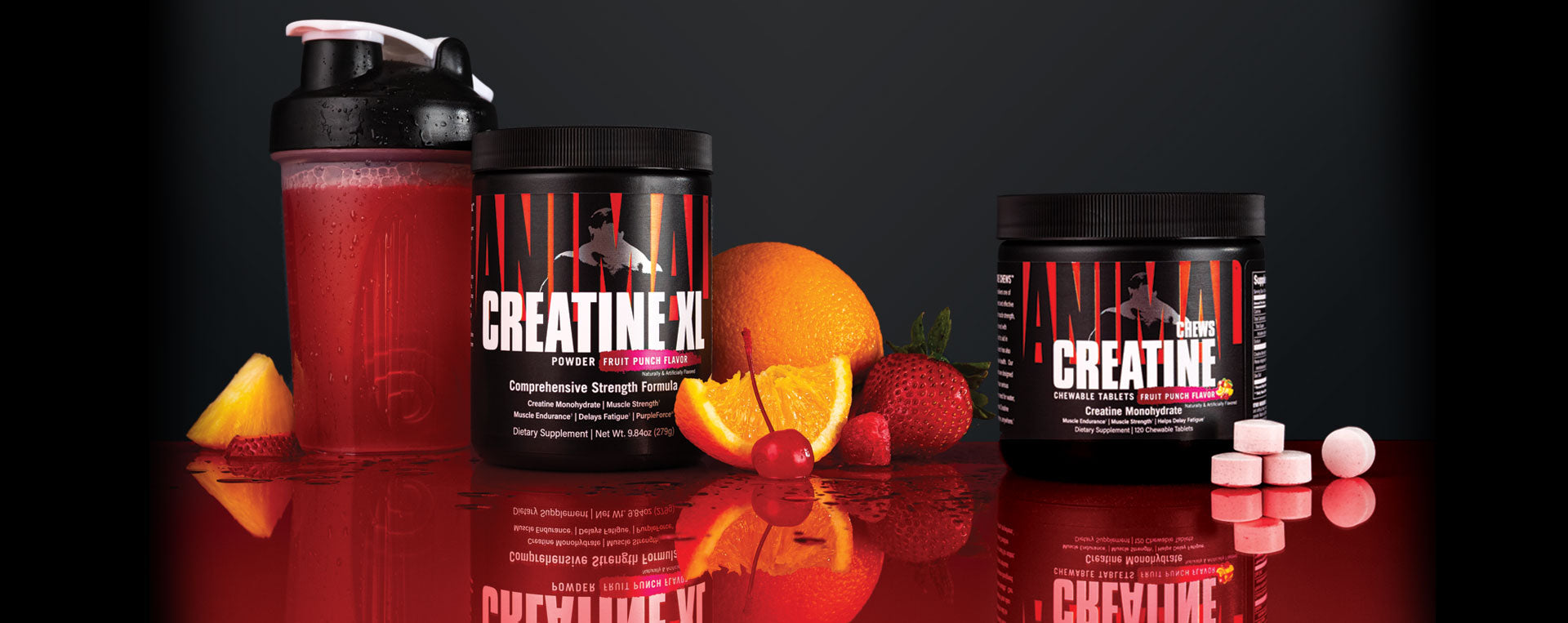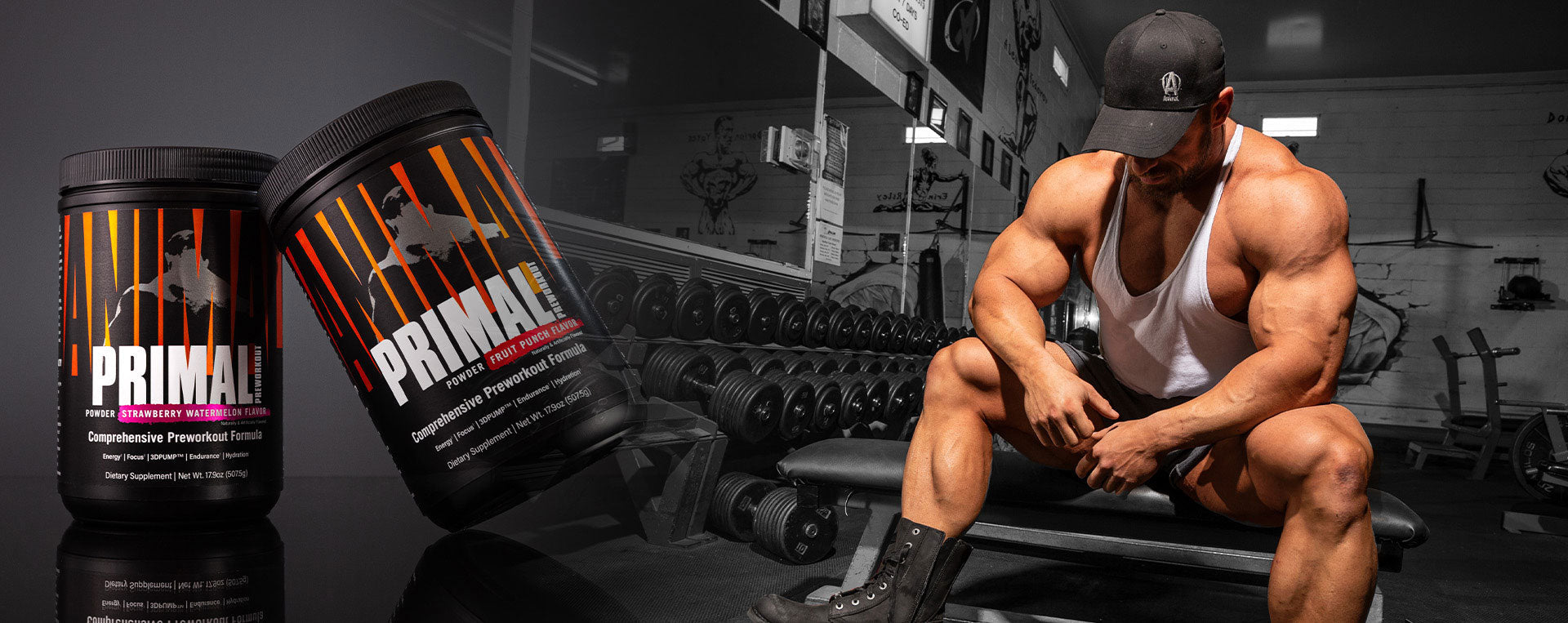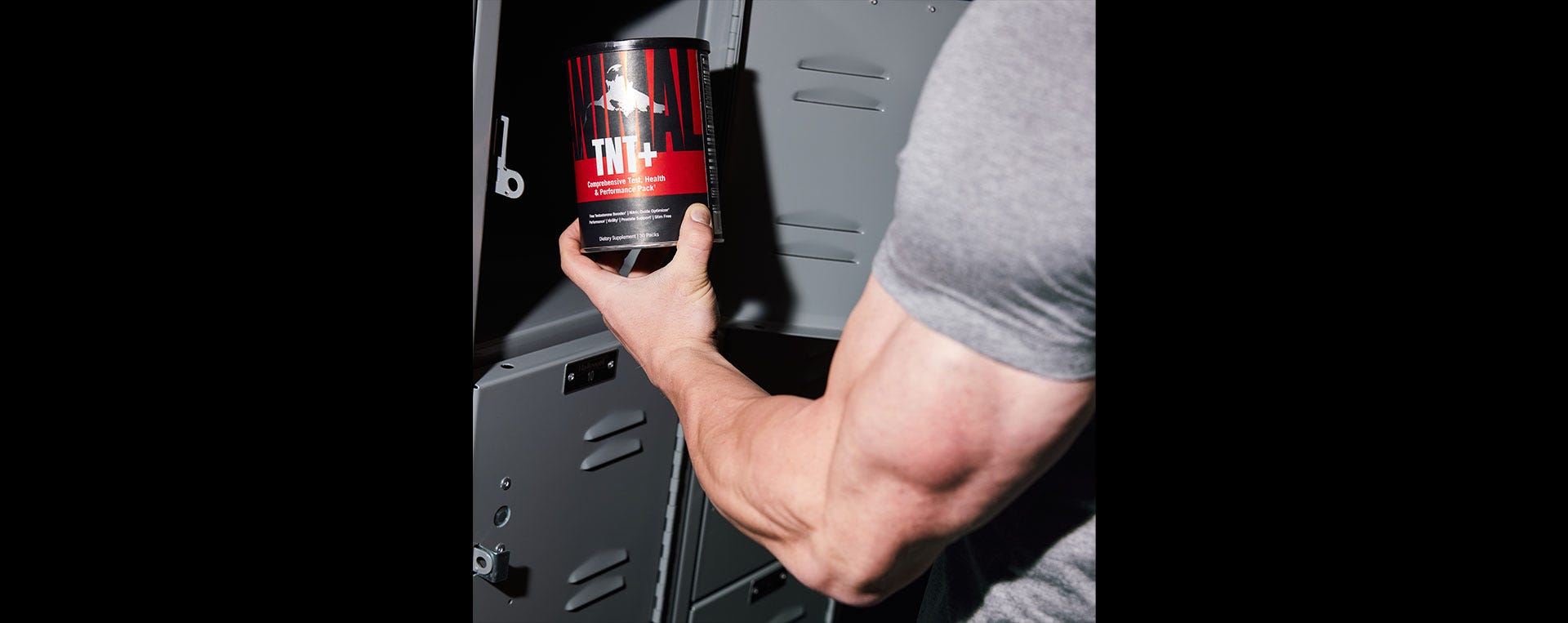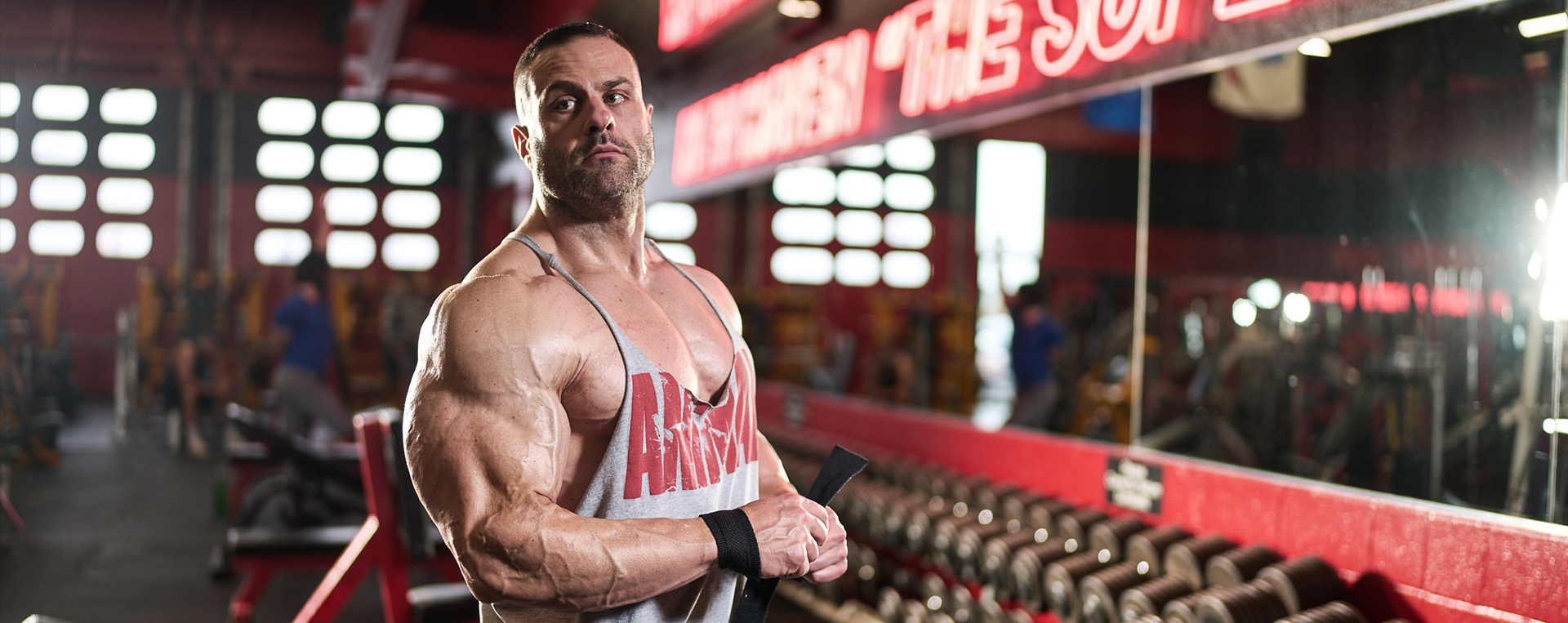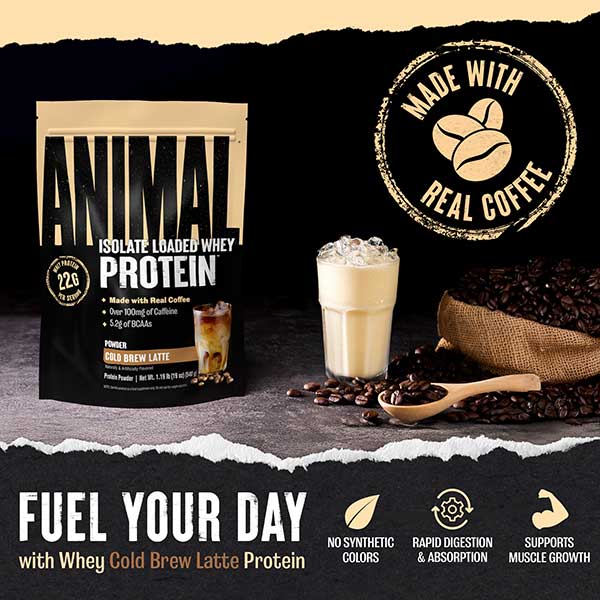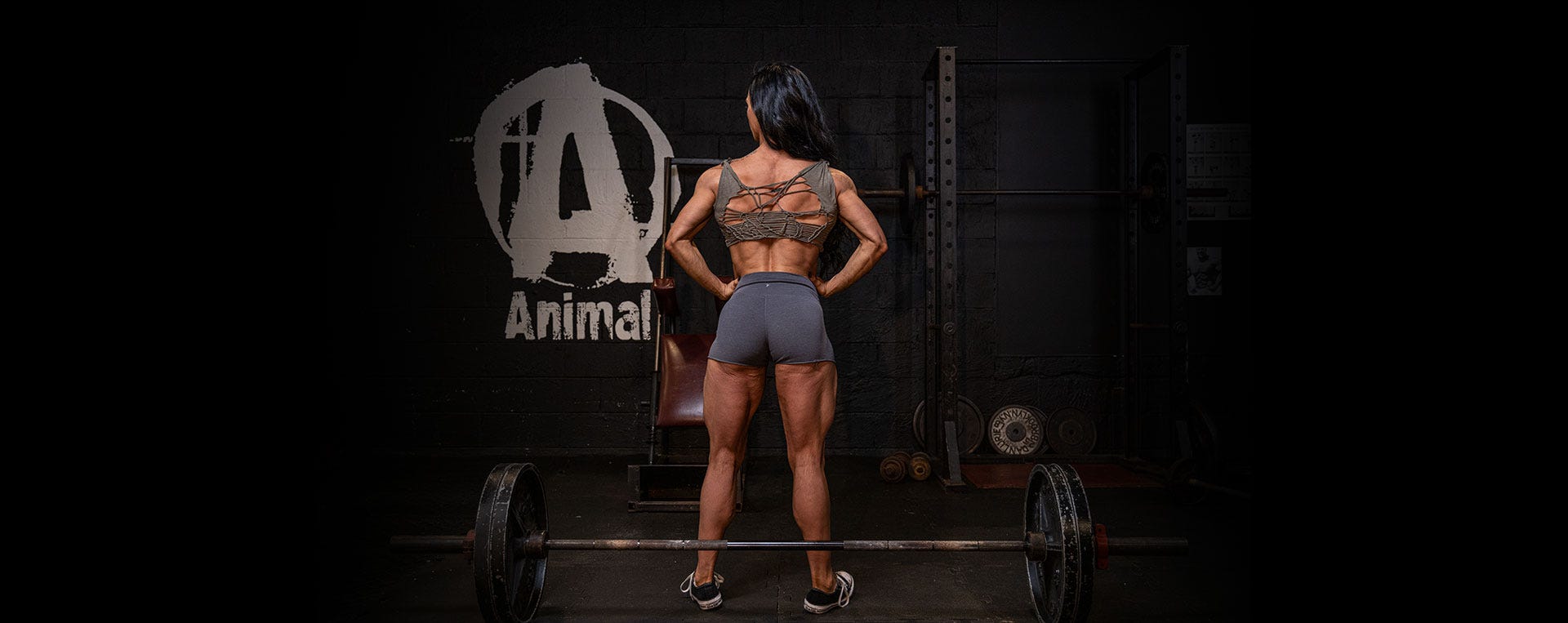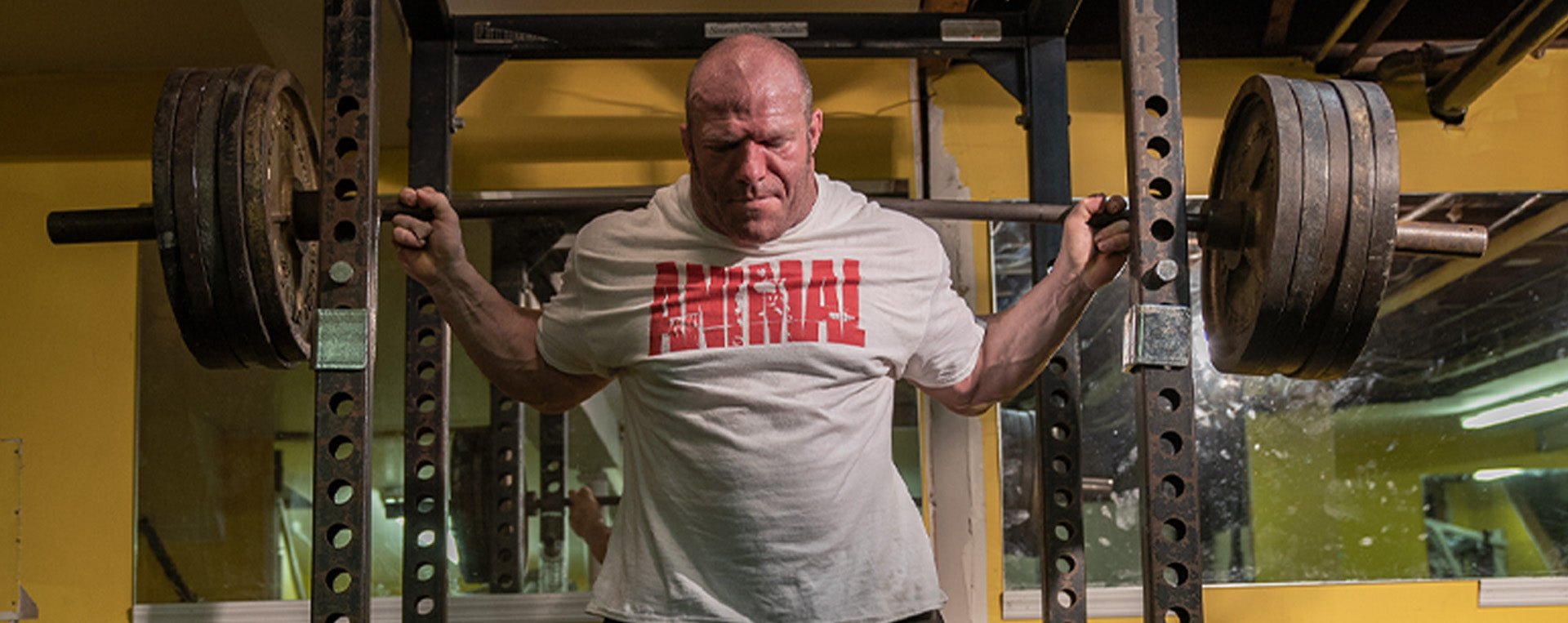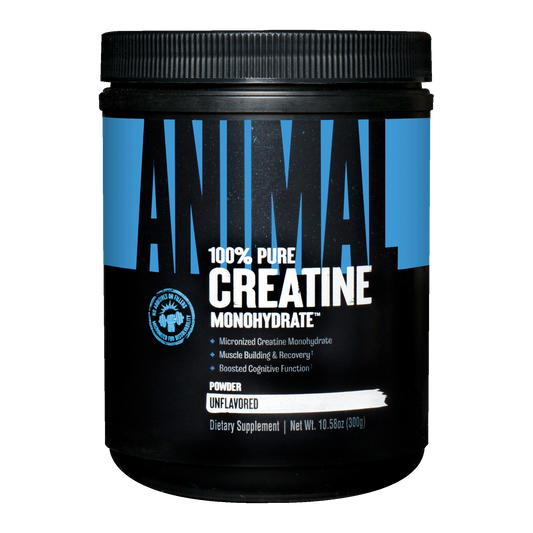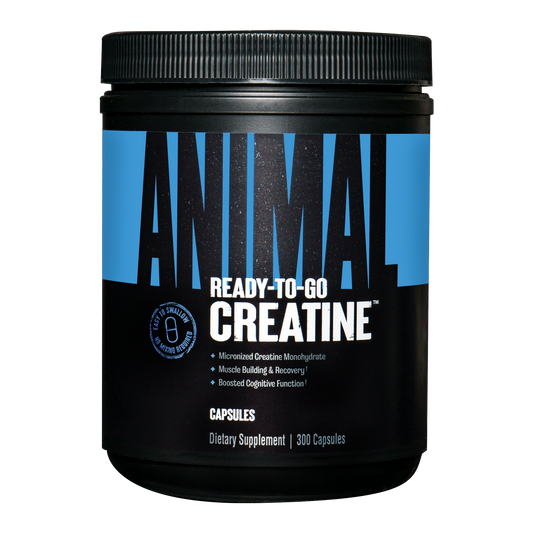Creatine is such an old supplement it can get glazed over and forgotten about. Personally, I took creatine for the first time in 6th grade. The joke was, “look at John’s biceps; it's only a big ball of creatine and water”. At the time, it pissed me off like I wasn’t working hard and was cheating, but looking back now, it’s pretty darn funny.
We all know creatine so well and its established benefits for strength, lean mass, and workout performance. If there was one supplement to take for building muscle, creatine would be at the top of the list. I don’t want to bore you with what has been well established, but let's dive into some unique areas to apply creatine for carbohydrate loading, brain health and managing the gut side effects.
The Greatest Pump of Your Life
Peak week is just as it sounds; we want to put on the final touches to the physique and “peak” a look for the stage. The most impactful variable we can manipulate prior to show day is carbohydrates.
This is without question; increasing carbohydrate intake in a depleted state increases muscle glycogen which in turn produces a fuller, bigger muscle.
Now, what if we could further enhance this ability to store carbohydrates?
I have seen protocols using creatine monohydrate during the carb-loading process to further facilitate a greater glycogen storage amount, which has the potential to give an even larger muscle.
Creatine has the ability to increase total body water and glycogen content. Increased muscle creatine concentrations increase skeletal muscle intracellular osmotic pressure, which results in water moving into the cell. Creatine is primarily stored intramuscularly (95%), and this causes a normal fluid distribution of 2/3 water inside the cell and 1/3 outside the cell (1).
Now, this is still all inside the compartment of the muscle! This does not mean water is stored around fat cells and skin cells. So if you are peeled out lean, you are going to increase muscle volume without a softer look, which has a great application for the peak week bodybuilder.
Creatine can also increase glycogen storage by ~10-20% (2,3,4). Creatine loading during a carbohydrate load can further enhance the super-compensation of muscle glycogen, causing a larger appearing muscle. Remember I stated glycogen increases would make a fuller muscle. More glycogen will mean even more fullness and in turn, huge pumps.
I would still caution that the fuller a muscle gets, this can still cause water to be pooled around remaining fat cells and skin, so there is a balance to strike and not to do over do a carb load. I would take a conservative approach as bodybuilders, we are not loading carbohydrates to the extent of endurance athletes in studies and must keep in mind the aesthetic view point as well. I recommend adding 1-2g (body weight dependent, female vs male) of creatine monohydrate to each carbohydrate-containing meal during your carb-up period prior to show day.
This is Your Brain on Creatine!
What if I told you this might also supercharge your brain gains too?
The brain is very metabolically active and accounts for 20% of the body’s energy consumption (5). The brain contains the enzyme Creatine kinase, which is needed in the ATP Phosphocreatine system, hinting at the fact that Creatine might enhance brain function (6).
In fact, creatine supplementation can increase brain levels by 5-10%
What benefits might we see?
- Improved cognitive function and performance in times of high stress or sleep deprivation (7)
- Creatine has been shown to have antioxidant properties and reduce mental fatigue (8)
- Protect the brain from neurotoxicity
- Antidepressant effect in those using SSRI (9)
- Improved test-taking, allowing for less mental fatigue during testing
For anyone, this might be important for students, athletes, bodybuilders and the elderly.
Gut Issue Work Arounds
We talked about muscle pumps and brain gains, but one issue many can have is GI distress taking creatine. I certainly want you to have all the gains and limit sides from creatine, and there are some strategies if you are one of the poor souls that is less tolerant to creatine that gets bloating, stomach aches or worse diarrhea. I don’t want you having to squat with a diaper on; not very Animal of us to do.
1. The Dose Matters
Consuming doses of creatine at one time can increase risk of GI distress. Evidence has shown that two 5g doses of creatine are tolerated more than a single 10g dose (10).
For one, you can simply take multiple smaller doses per day. Taking these with food is likely more ideal than on an empty stomach.
This might mean you are going to skip out on the loading phase of creatine and consume 5g daily, which within 3-4 weeks you will reach full muscle saturation at the same level as a 1 week load.
2. Think Smarter with Caffeine
Creatine co-ingested with caffeine can be more problematic. There is some evidence that the two, taken together, may even counter the ergogenic benefits of creatine (11).
At least to limit the GI distress, you may just avoid caffeine while on creatine, as I see creatine as more beneficial for hypertrophy outcomes.
Another option is consuming the maintenance dose of creatine and keeping caffeine less than 3-5mg/kg of bodyweight. You could do your caffeine in the AM or pre-workout and then take your creatine post-workout or in the evening.
3. Stick to the Tried and True
Don’t get pulled into thinking there is a super-powered creatine version out there. I see creatine HCl, Creatine Ethyl Ester, Buffered Creatine, and all claim to be the best version over creatine monohydrate and GI distress free. These claims hold no weight in the research, with many showing less or equal effects.
This is why at Animal we use the King of Hypertrophy supplements, Creatine Monohydrate. There have been hundreds of studies on Creatine Monohydate’s effects on strength, power and lean mass gain, so don’t ever sleep on a classic supplement proven to work.
References
1. Powers ME, Arnold BL, Weltman AL, Perrin DH, Mistry D, Kahler DM, Kraemer W, Volek J. Creatine Supplementation Increases Total Body Water Without Altering Fluid Distribution. J Athl Train. 2003 Mar;38(1):44-50. PMID: 12937471; PMCID: PMC155510.
2. Robinson TM, Sewell DA, Hultman E, Greenhaff PL. Role of submaximal exercise in promoting creatine and glycogen accumulation in human skeletal muscle. J Appl Physiol (1985). 1999 Aug;87(2):598-604. doi: 10.1152/jappl.1999.87.2.598. PMID: 10444618.
3. van Loon LJ, Murphy R, Oosterlaar AM, Cameron-Smith D, Hargreaves M, Wagenmakers AJ, Snow R. Creatine supplementation increases glycogen storage but not GLUT-4 expression in human skeletal muscle. Clin Sci (Lond). 2004 Jan;106(1):99-106. doi: 10.1042/CS20030116. PMID: 14507259.
4. Nelson AG, Arnall DA, Kokkonen J, Day R, Evans J. Muscle glycogen supercompensation is enhanced by prior creatine supplementation. Med Sci Sports Exerc. 2001 Jul;33(7):1096-100. doi: 10.1097/00005768-200107000-00005. PMID: 11445755.
5. Roschel H, Gualano B, Ostojic SM, Rawson ES. Creatine Supplementation and Brain Health. Nutrients. 2021 Feb 10;13(2):586. doi: 10.3390/nu13020586. PMID: 33578876; PMCID: PMC7916590.
6. Jacobus WE, Diffley DM. Creatine kinase of heart mitochondria. Control of oxidative phosphorylation by the extramitochondrial concentrations of creatine and phosphocreatine. J Biol Chem. 1986 Dec 15;261(35):16579-83. PMID: 3782135.
7. McMorris T, Harris RC, Howard AN, Langridge G, Hall B, Corbett J, Dicks M, Hodgson C. Creatine supplementation, sleep deprivation, cortisol, melatonin and behavior. Physiol Behav. 2007 Jan 30;90(1):21-8. doi: 10.1016/j.physbeh.2006.08.024. Epub 2006 Oct 13. PMID: 17046034.
8. Watanabe A, Kato N, Kato T. Effects of creatine on mental fatigue and cerebral hemoglobin oxygenation. Neurosci Res. 2002 Apr;42(4):279-85. doi: 10.1016/s0168-0102(02)00007-x. PMID: 11985880.
9. Lyoo IK, Yoon S, Kim TS, Hwang J, Kim JE, Won W, Bae S, Renshaw PF. A randomized, double-blind placebo-controlled trial of oral creatine monohydrate augmentation for enhanced response to a selective serotonin reuptake inhibitor in women with major depressive disorder. Am J Psychiatry. 2012 Sep;169(9):937-945. doi: 10.1176/appi.ajp.2012.12010009. PMID: 22864465; PMCID: PMC4624319.
10. Ostojic SM, Ahmetovic Z. Gastrointestinal distress after creatine supplementation in athletes: are side effects dose dependent? Res Sports Med. 2008;16(1):15-22. doi: 10.1080/15438620701693280. PMID: 18373286.
11. Trexler ET, Smith-Ryan AE. Creatine and Caffeine: Considerations for Concurrent Supplementation. Int J Sport Nutr Exerc Metab. 2015 Dec;25(6):607-23. doi: 10.1123/ijsnem.2014-0193. PMID: 26219105.








